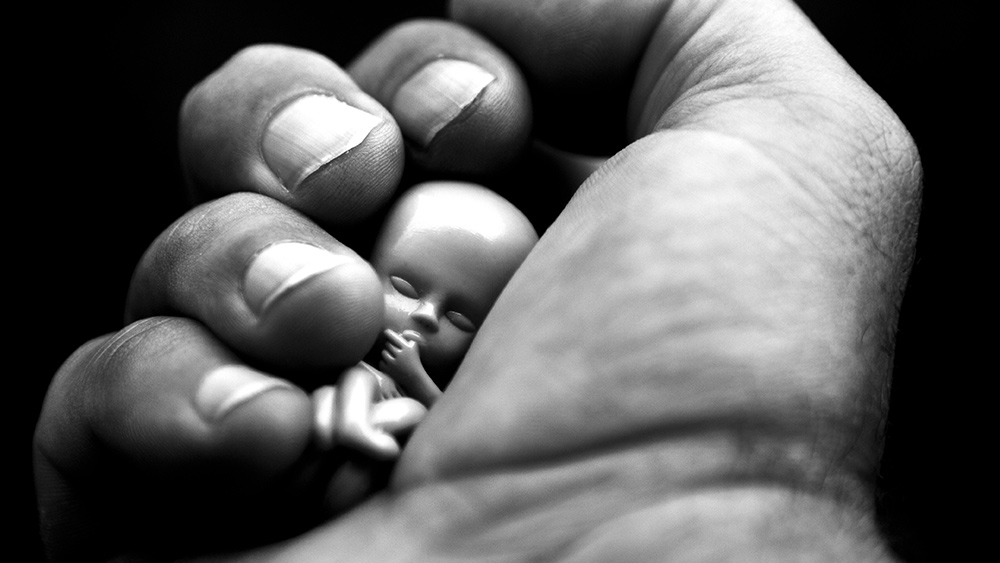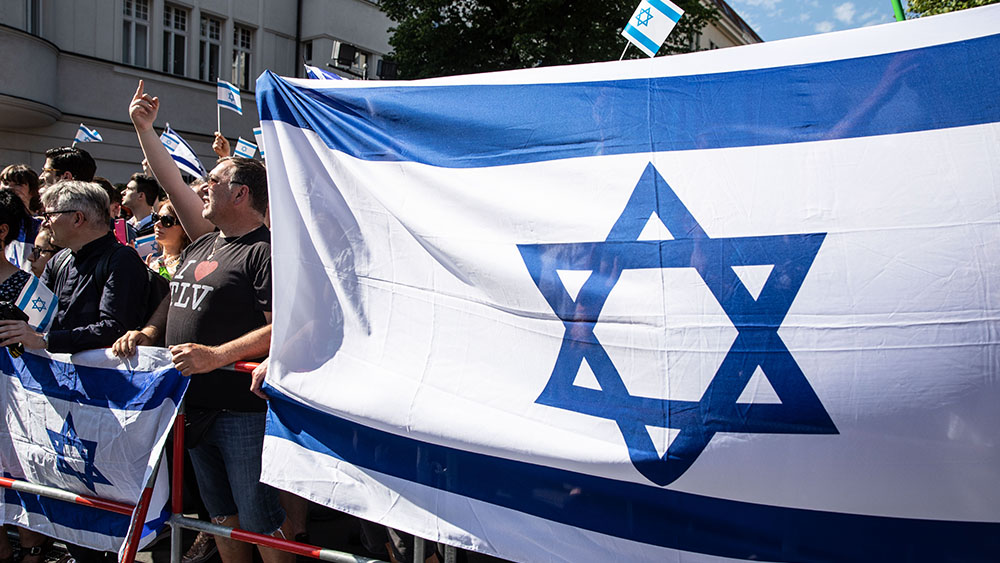
- The suicide prevention charity, founded in 1999, was ticketed by Waterloo for violating a city bylaw by soliciting without a permit.
- For 25 years, Le Groupe Jaspe, with 70 volunteers, has visited 50 cities and 771 villages across Quebec, saving lives through suicide prevention efforts.
- The charity is challenging the bylaw in court, arguing that it violates their freedom of expression and religion -- rights protected by the Canadian Charter of Rights and Freedoms.
- A victory for Waterloo could set a precedent for restricting religious expression across Canada, potentially silencing organizations sharing beliefs.
- Previous court rulings have supported religious freedom for organizations like Jehovah's Witnesses, and the 2015 case involving Claude Tremblay provides a precedent that the charity is relying on to fight this new challenge.
Quebec has been stifling freedom of religion
This is not the first time Quebec municipalities have attempted to stifle religious expression. In 1996, the city of Blainville passed a bylaw requiring door-to-door canvassers to obtain a $100 permit, leading to the ticketing of 17 Jehovah's Witnesses. Fortunately, the religious group successfully challenged the bylaw, winning their case in the Quebec Court of Appeal in 2003. The court ruled that equating Jehovah's Witnesses with salespeople was an affront to their religious mission and that their outreach addressed critical community issues. Similarly, Claude Tremblay himself was ticketed in 2015 for "soliciting without a permit" while delivering his suicide prevention message in a Quebec village. The court found that the ticket violated his constitutional right to freedom of religion, relying on the 2003 Blainville precedent. Now, Waterloo is attempting to circumvent this precedent by invoking the province's secularism law. Visit Freedom.news for more stories like this. Watch this video about U.S. suicides hitting an all-time high in 2022. This video is from the Daily Videos channel on Brighteon.com.More related stories:
British lawmakers move forward with bill legalizing ASSISTED SUICIDE in the United Kingdom.
SUICIDE CULT: Left-wing grandmothers launch new group to demand abortions of grandchildren.
Sources include: LifeSiteNews.com JCCF.ca Brighteon.comBy Lance D Johnson // Share
FDA’s failure to act leaves Americans at risk from recalled drugs
By Cassie B. // Share
Israel shuts down embassy in Ireland over anti-Israel policies
By Belle Carter // Share
Surveillance rewires how we perceive others, affects the subconscious in primal ways
By Lance D Johnson // Share
CHAGA: The "king of mushrooms" revered for centuries in traditional medicine
By avagrace // Share
Hate beets? Learn how to gain better cognitive, cardiovascular and athletic performance
By newseditors // Share
Flaws in landmark vaccine study spark renewed autism-link debate
By willowt // Share
Elon Musk to scale back involvement with Trump's DOGE as Tesla profits take massive hit
By lauraharris // Share











